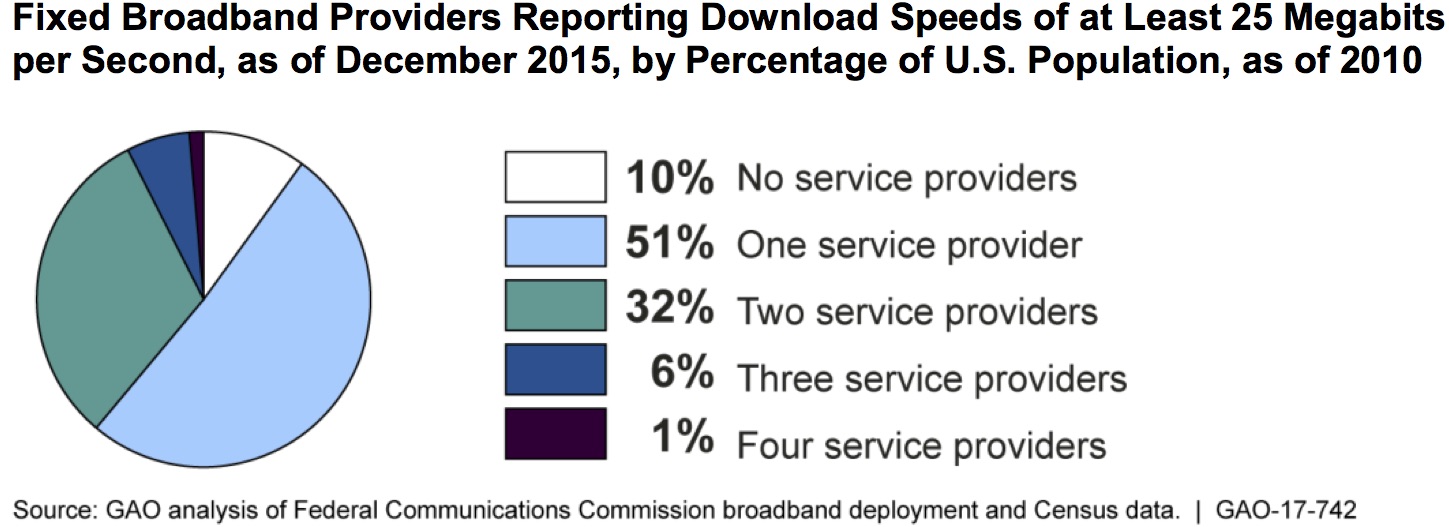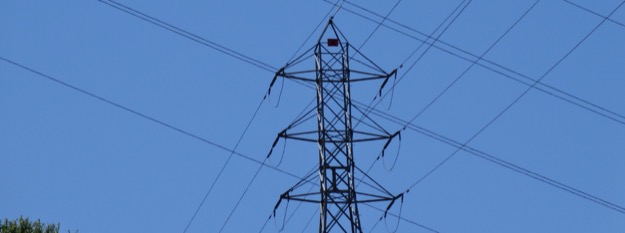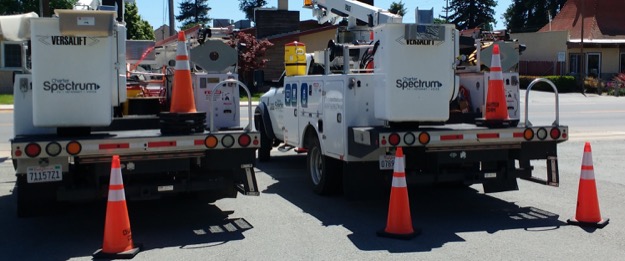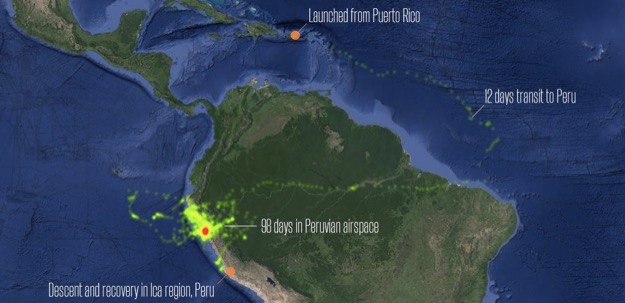California makes AT&T's list for limited and costly rural broadband

Taxes not included. Except in my bonus check.
AT&T says it’s official: they are launching slow, expensive wireless Internet service in rural California, and other undefined “underserved” areas, instead of upgrading ageing copper networks to modern levels. The technology is designed to support 10 Mbps download and 1 Mbps upload speeds, although there are no guarantees.
The California Public Utilities Commission, on the other hand, decided to go in the opposition direction and unanimously endorsed the higher standard of 25 Mbps down/3 Mbps up yesterday.… More

![Noah_Loverbear [CC BY-SA 3.0 (https://creativecommons.org/licenses/by-sa/3.0)], via Wikimedia Commons](https://www.tellusventure.com/images/2017/9/americas_cup_alcatraz.jpg)



![By No machine-readable author provided. Ricadito~commonswiki assumed (based on copyright claims). [GFDL (https://www.gnu.org/copyleft/fdl.html) or CC-BY-SA-3.0 (https://creativecommons.org/licenses/by-sa/3.0/)], via Wikimedia Commons](https://www.tellusventure.com/images/2017/9/amazon_village.jpg)



